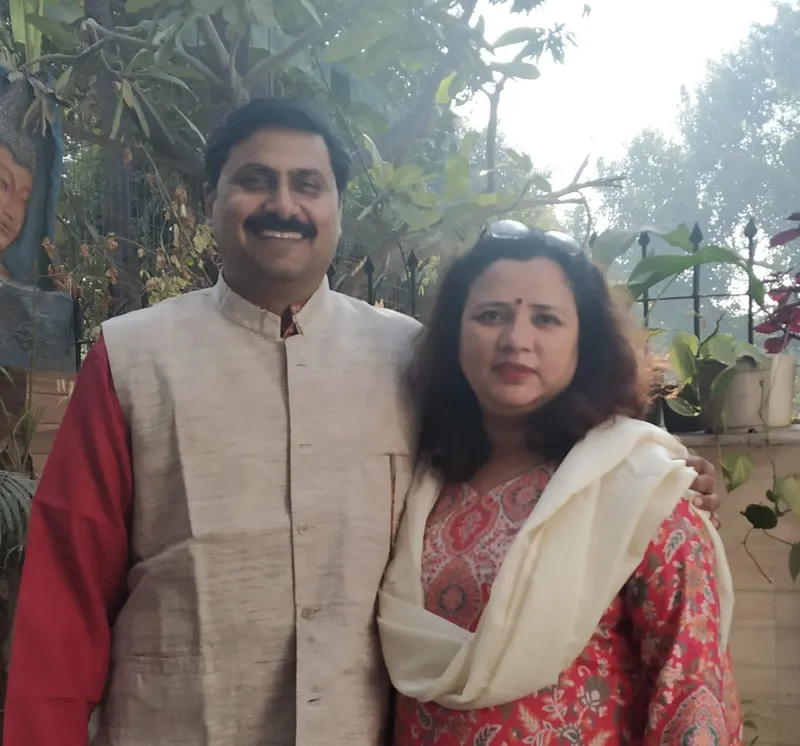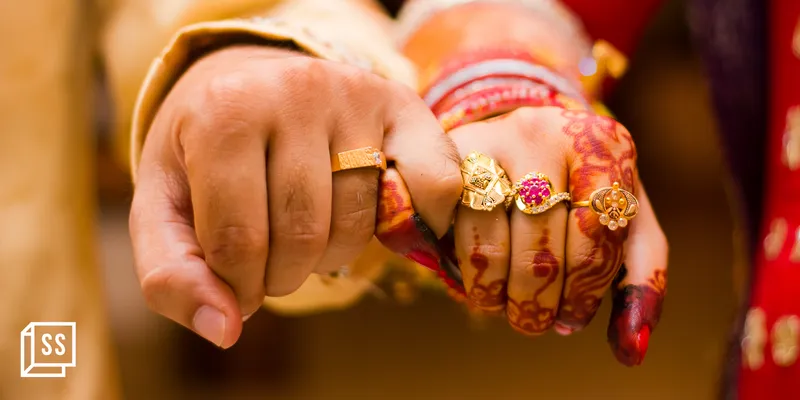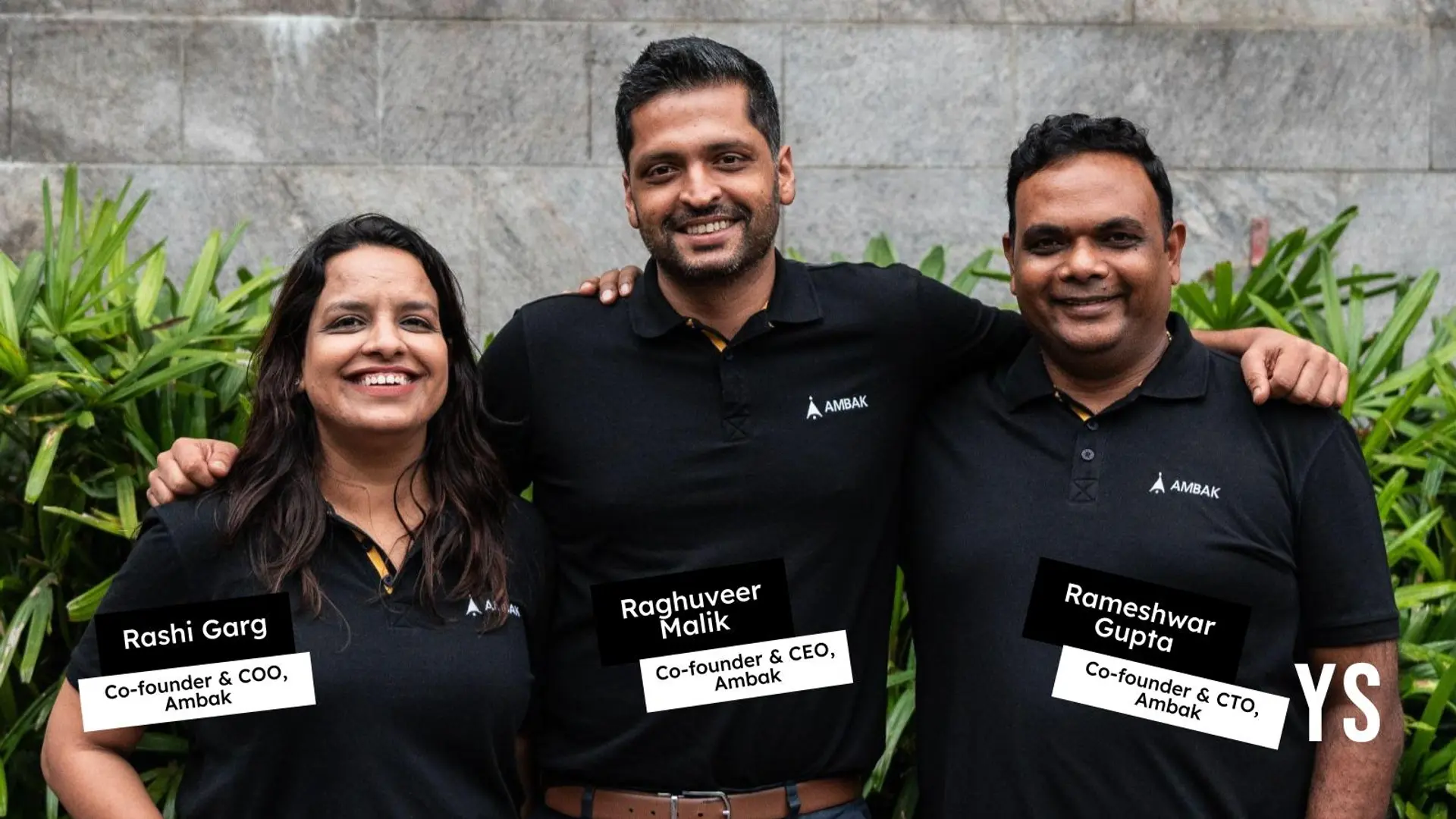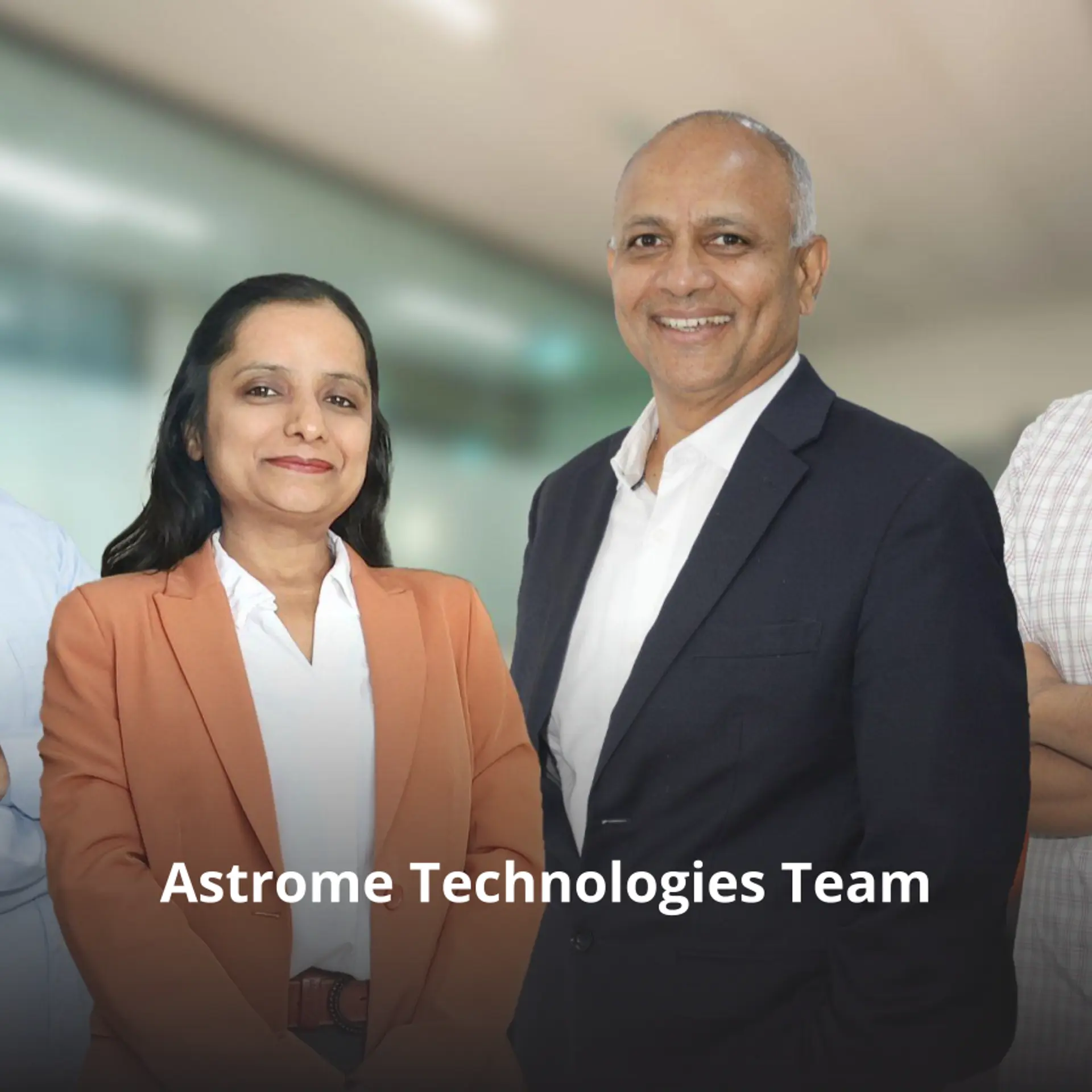This NGO has become a safe space for interfaith and intercaste couples
Dhanak for Humanity started as a support group in 2004 to help interfaith and intercaste couple who want to spend their lives together. So far, it has helped over 5,000 interfaith and intercaste couples.
In 1998, Asif Iqbal decided to marry his girlfriend, Ranu Kulshrestha. But their decision was met with resistance from both families. Despite facing opposition, the couple remained unwavering in their commitment towards each other.
Over the years, Iqbal and Kulshrestha’s love triumphed, and they are now happily married. While Kulshrestha’s family accepted their union after six months of marriage, Iqbal’s family still hasn’t accepted them.
“In my case, it was not a very bad situation. Our parents did not agree to our marriage initially. However, we stood our ground. We are in touch with our families now, but my parents have still not fully accepted our decision,” he tells SocialStory.
In India, interfaith and intercaste marriages have always been looked down upon. In some cases, families have attacked or even killed couples for trying to marry someone outside their religion.
Leading from his personal experience, Iqbal noticed that many interfaith couples have to go through various challenges to get married in the Indian society.
To help such couples spend their lives together, Iqbal, along with some other interfaith couples, started Dhanak of Humanity. The Delhi-based not-for-profit organisation started as a support group in 2004 and was registered in 2012 under the Societies Registration Act.
So far, the NGO has helped over 5,000 interfaith and intercaste couples across India.
“The idea is to help other intercaste and interfaith couples to come together by forming a support structure for them at a small group and individual level,” says Iqbal.

Asif Iqbal and Ranu Kulshrestha
Fostering love and diversity
By working in tandem with law enforcement authorities, Dhanak provides protection to couples through safe houses and helps them in solemnising civil marriages.
Explaining the workings of Dhanak, Iqbal says, when a couple approach them seeking assistance, Dhanak helps in informing both the local police and the authorities in the couple's hometown, along with the couple’s parents to convey that the couple is not absconding.
Concurrently, the NGO forms a specialised cell for couples comprising of the Deputy Commissioner of Police (DCP) or Superintendent of Police (SP), the District Social Welfare Officer, and the District Scheduled Caste/Scheduled Tribe (SC/ST) Welfare Officer. However, in Delhi, instead of the District Scheduled Caste/Scheduled Tribe (SC/ST) Welfare Officer, the District Women and Child Welfare Officer is a part of the special cell.
This special cell assumes responsibility for gathering information from the couple and conducts thorough verifications. Based on the findings, the committee takes a decision regarding the provision of a safe house for the couple. Additionally, the local police authorities provide the couple with a number of the SHO and beat constable to be used in case of emergencies, ensuring their safety and well-being throughout the process.
In the Supreme Court’s 2018 judgement in the Shakti Vahini case, the NGO Shakti Vahini petitioned the apex court to pass strict rules to curb honour killing. The court’s ruling emphasised that the consent of the couple’s family, community, or clan is irrelevant once two adult individuals express their willingness to marry.
Iqbal further explains that the Supreme Court in 2018 said that special cells can be set up in every district under the supervision of the jurisdictional District Magistrate and Superintendent of Police. The state may also form a safe house for couples.
Safe houses for couples are shelters where a couple in distress can live together. However, so far only Delhi and Haryana have special cells, and Delhi, Punjab, and Haryana have safe houses for couples.
Love that didn’t come easy
Naman Pratap (name changed) met Sazia (name changed) in college. When Pratap's parents got to know about their relationship, they did not accept it.
Pratap recalls that his family forced him to marry another girl. “They told me that if I don’t leave Sazia, they would go to the school where she teaches and insult her. I got very scared,” he shares.
Later, he got in touch with Dhanak and sought protection from the local authorities as well, for which he needed an affidavit. However, no one helped him in issuing the affidavit. Pratap decided to run away with Sazia to Delhi just a few days before his marriage as he felt helpless.
Dhanak helped the couple get a safe house in Delhi. However, the girl’s family tracked their location. “They could not do anything to us in the safe house, but they used to wait for us to go outside. But for a whole month we did not step out of the house,” he says.
After a tumultuous journey, the couple got married in April 2021 and shifted to a safe space in Gujarat. “For one year, we were provided protection and later we shifted somewhere else,” he adds.
While Pratap is now in touch with his family, they have not accepted his decision. But the girl’s family is still not on talking terms.

Similarly, Priya and Naresh (name changed) wanted to get married, but their family did not accept their marriage as they belonged to different castes. They ran away from their house and took the help of Dhanak.
“They helped us a lot in the whole process right from going to the authorities, looking out for our protection, and providing us safe houses,” says Naresh.
Dhanak also offers its services for marriages conducted in accordance with the Special Marriage Act. This legal provision allows two consenting, adult individuals to formalise their marriage through a civil contract. However, Dhanak does not facilitate ceremonies or procedures related to religious marriages.
“We perform all our functions in accordance with the law. We urge the couple to be of marriageable age, i.e., 18 years for girls and 21 years for boys. Additionally, we also ask for their school certificate or any formal proof of identification like an Aadhaar card before initiating the process. Also, we encourage couples to be financially independent,” Iqbal adds.
Challenges and the way forward
Talking about the struggles, Iqbal says that interfaith and intercaste marriages are not welcomed in the country with open arms. He explains that there is a long list of risks in such cases, which range from physical torture like beating and honour killing to emotional trauma, confiscation or burning of educational certificates and more.
Iqbal further explains that most couples are not fully aware of the marriage process or they do not trust the authorities. In cases where the family is after the couple to get them forcefully married to someone else or other such emergencies, the couple solemnise a religious marriage where conversion might happen. Such cases, Iqbal says, can spark the ‘love-jihad’ debate.
Additionally, he also says that many couple do not want to seek protection in their hometowns as they fear that their families might trace them.
Iqbal hopes that in the coming time, more states might implement the directives of the Supreme Court. However, the NGO also plans to file an appeal in the court to track the status of the application of the SC judgement in the various states of India. The NGO gets funds from Hindustan Unilever Limited (HUL), couple membership, and donations. The couples who take membership are offered legal and financial support in the long term as well.
“Every adult human has the right to choose whom they want to get married to and we at Dhanak are trying to safeguard their fundamental right,” Iqbal says.








